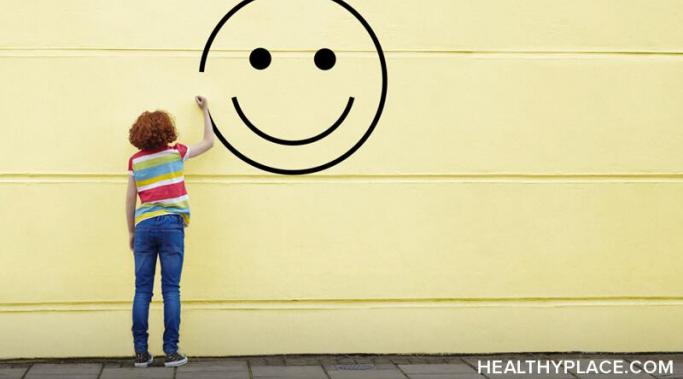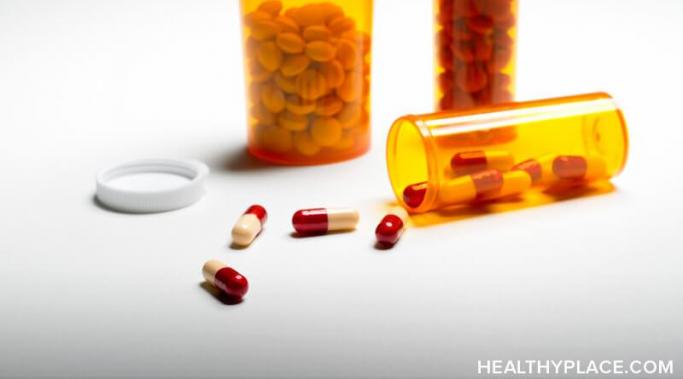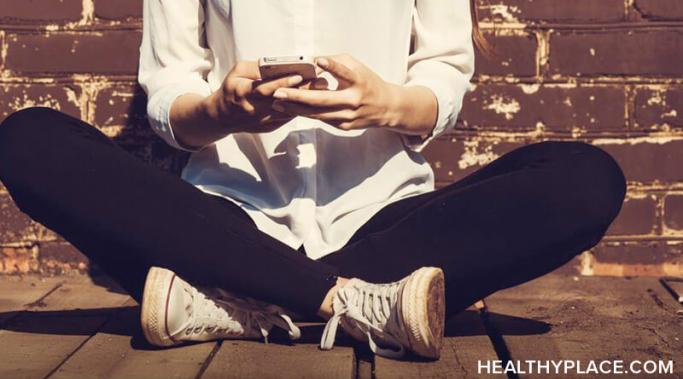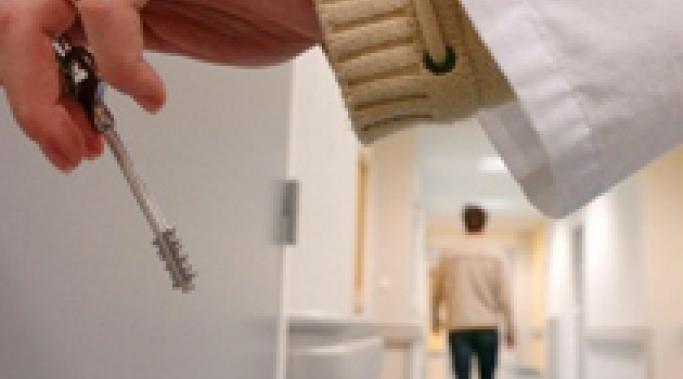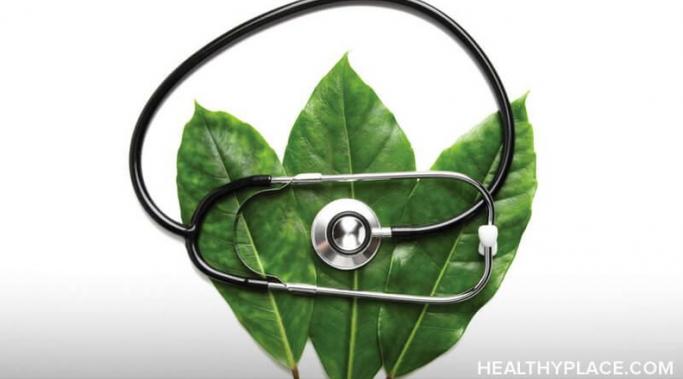The traits of successful entrepreneurs are closely linked to what I learned in mental health recovery. You see, my life came to a complete standstill in my early 20s when I was first diagnosed with bulimia and schizoaffective disorder. In the throes of my mental illnesses, my life had come crashing down around me. I wasn’t working. I wasn’t going to school. I wasn’t doing anything. The process of mental health recovery gave me a second chance, and psychiatric medication gave me the ability to function again. And in this second chance, I find many of the traits I developed in mental health recovery also develop entrepreneurs.
Embracing Mental Health Recovery
What does it take to keep working toward your dreams even with a mental illness? I’ve always been a big dreamer, but before I received treatment for schizoaffective disorder, nothing ever came of it. My symptoms hindered me from anything I would call success.
When you share your mental health story, you create something powerful. My mental illness is fuel for my creative work. It’s something to draw and write about. My mental health story has also given me the chance to help others as a peer supporter and volunteer. As mental health consumers, what we experience is very real and raw. On some level, most people are curious and can empathize, so you can share your mental health story and create something powerful.
Schizoaffective disorder recovery helped me gain confidence, but first, recovery took away a gift I thought made me special. Before my diagnosis in my early 20s, when I was really struggling, I thought that I was a medium and could communicate with spirits. I had both auditory and visual hallucinations that I thought were ghosts. Letting go of the belief I was psychic in early schizoaffective disorder recovery hurt my confidence.
Have you ever thought about the power of psychiatric medications to save lives? In the past few days, I was let go from one of my jobs and one of my pet rats died unexpectedly. This would be a stressful situation for anyone, but a few years ago this would have had me drunk and suicidal. But, thanks to the power of psychiatric medications, I'm sober and safe. I can deal with life's curveballs--something I couldn't do off my medications.
There are three advantages to mental health crisis text lines. Recently, a mental health consumer organization in the greater Indianapolis area started a mental health crisis text line--the 13th such text line in the nation. Also, there is a national mental health crisis text line at 741741 (Suicide Chat Hotline Options). This made me think about three advantages to crisis text lines and how they help mental health consumers in crisis.
Childhood mental disorders are not always the parents' fault. When I graduated from college, my mother dragged me to see a Christian psychiatrist who she was convinced could fix me. She asked the psychiatrist what caused my borderline personality disorder (BPD). The psychiatrist looked her in the eye and explained that BPD is caused by poor parenting. That is not always the case, and we as a society need to change our attitude that childhood mental disorders and illnesses are somehow the parents' fault.
There are many myths about involuntary treatment for mental illness (The Realities of Involuntary Treatment). Involuntary treatment is extremely controversial, and that's an understatement along the lines of saying, "The Arctic is kind of chilly." Part of the reason it's so controversial is because we rarely do it for other illnesses. We prefer to let people "die with their rights." While I'm hesitant to recommend involuntary treatment become standard operating procedure, I can discuss three myths about involuntary treatment.
Are there alternative treatments for schizophrenia? Recently I was diagnosed with liver disease, cause unknown. As I don't drink and have a reasonably good diet, I suspect the psychiatric medication I am on, which metabolizes in the liver may be the culprit. It's left me wondering if there are alternative treatments for schizophrenia, and, if so, what are they and how do they work? Note that you should never go off your medication or start an alternative medicine without your doctor's approval--I'm putting this out only to start a discussion.
There are three lessons vital to rape survivors. With convicted sex offender Brock Turner's release from prison and Jared Fogle's lawsuit blaming the victim's parents for her "destructive behavior," sexual assault has been in the media a lot lately. I, myself, am a sexual assault survivor whose attacker got off on a technicality. Part of my healing was writing a recently published Bible study for sexual assault survivors. There were three lessons I learned that are vital to rape survivors.

